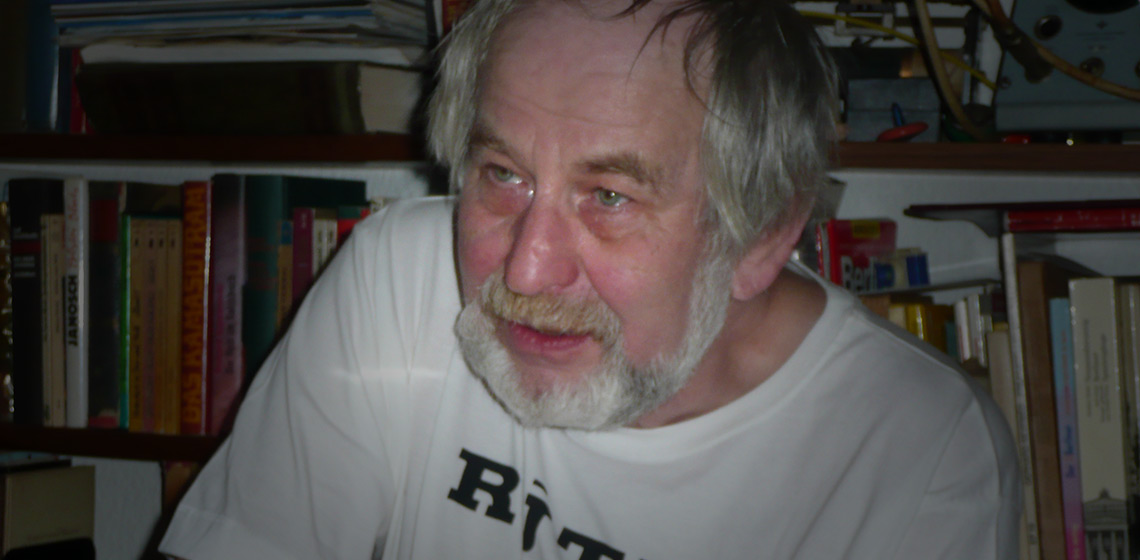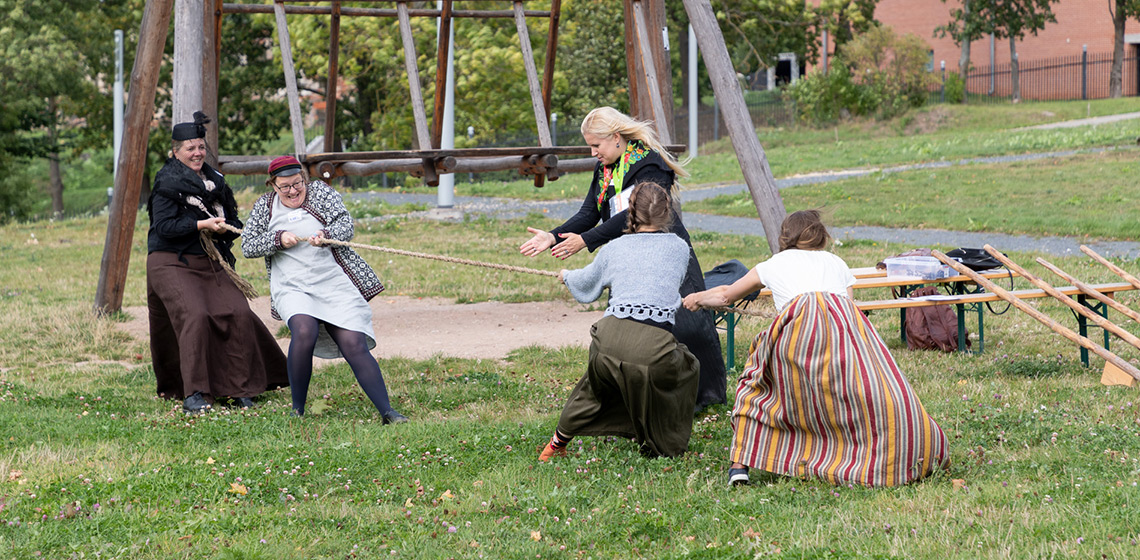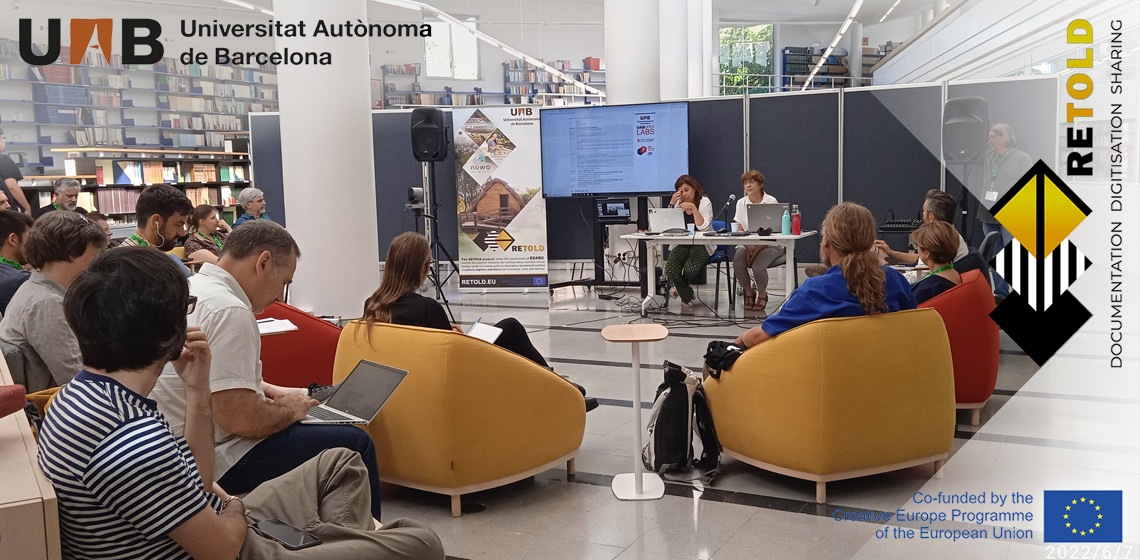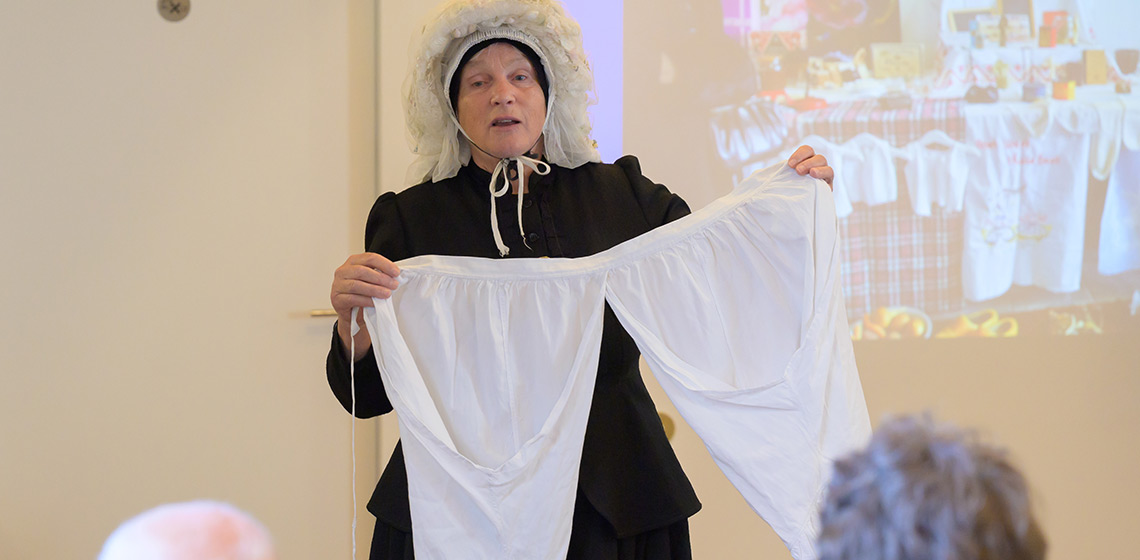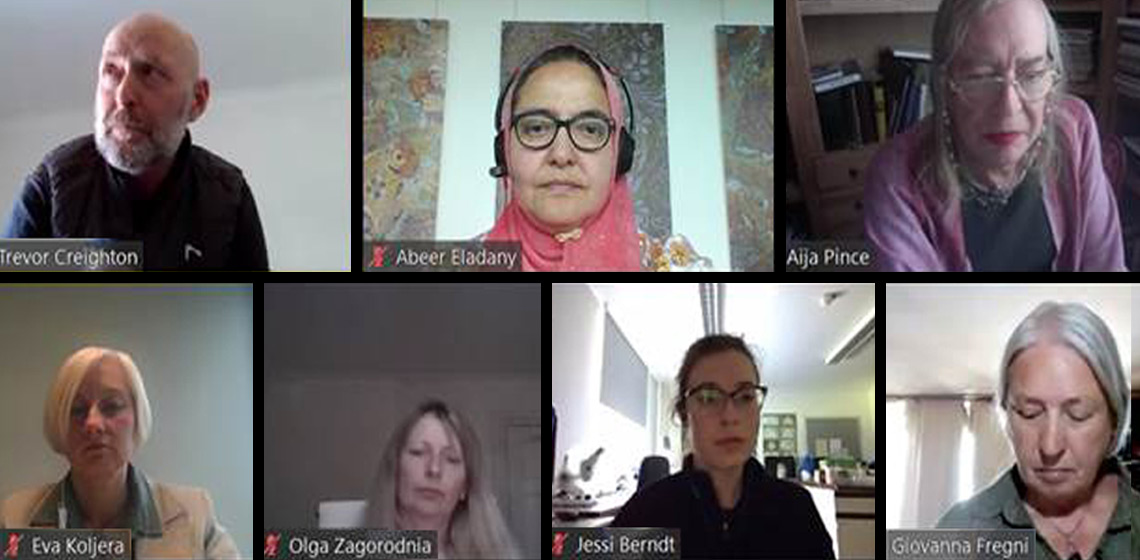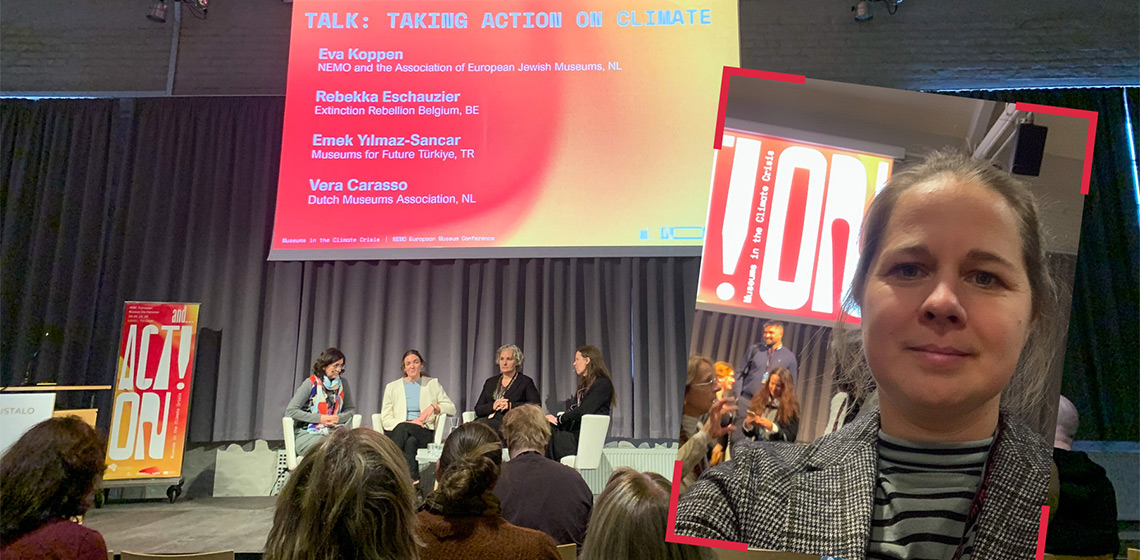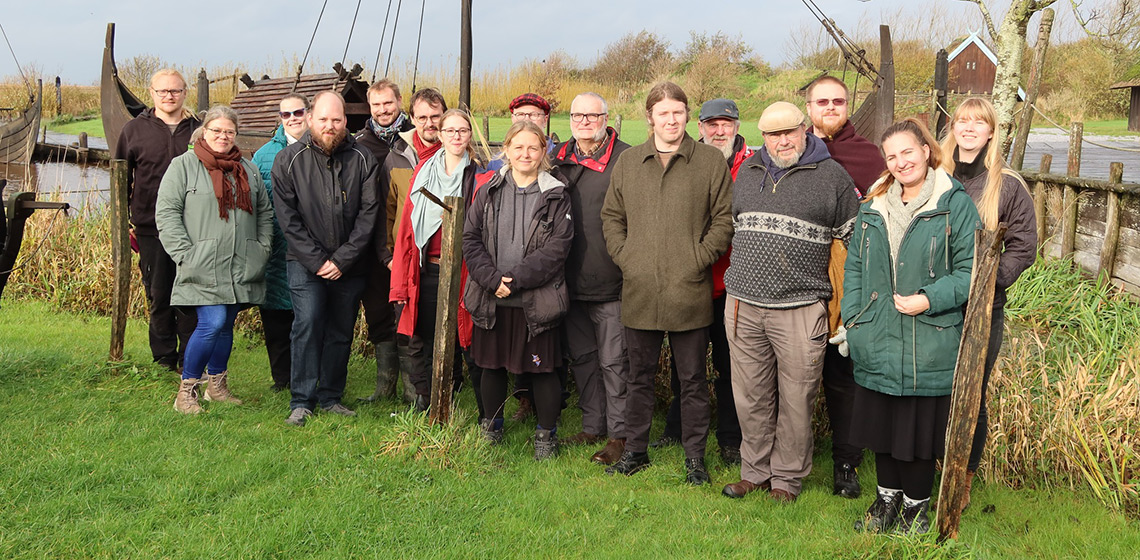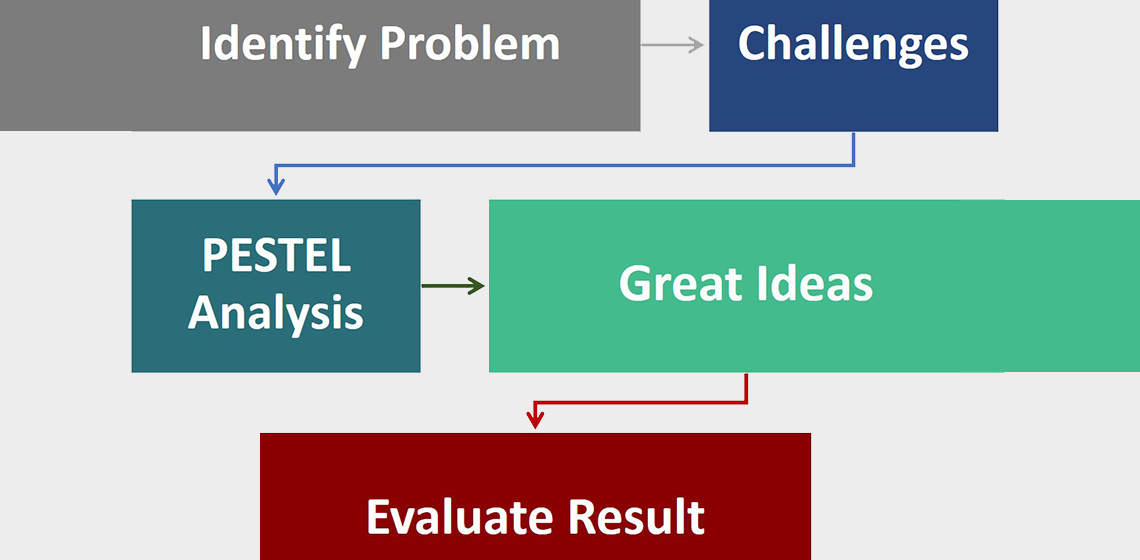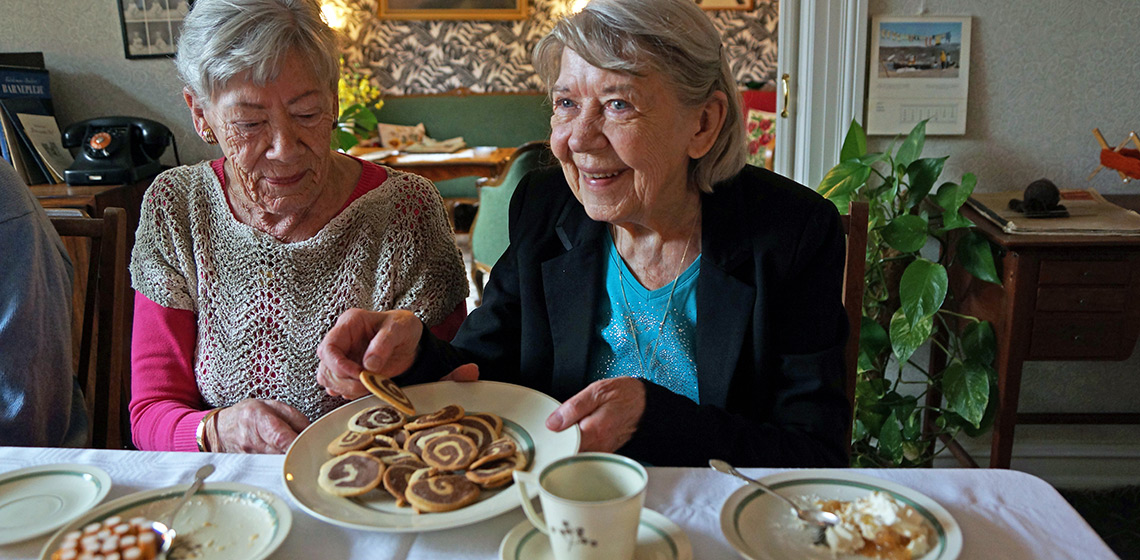Newest Era
Obituary: Andy Kurzweil (16 July 1945 – 13 March 2023)
Publication Date
On March 13, 2023, my long-time friend Andy Kurzweil, fellow researcher and co-founder of AG Teerschwele (Working Group on Tar) at the Museumsdorf Düppel (Berlin-West Germany), died at home at the age of 78. I met him on my first visit to the Museumsdorf Düppel in 1977 at the tar production area, when I offered him my help...
Conference Review: Ancient shipping and shipbuilding: issues of research, reconstruction and possibilities of use for the development of tourism, Rivne, Ukraine, 2023
Publication Date
Open-air archaeological museums are one of the promising directions in museum activities in Ukraine that is rapidly developing. Their main feature is the interactive nature of the exposition, which allows engaging visitors in the historical atmosphere of a certain period. One might use a non-scientific comparison as a portal in time and space...
Time travel – a Great Method to Strengthen Cooperation between Museums and Schools. The Experience of Nationwide Time Travels in Estonia.
Publication Date
In Estonia the method of Time Travel has been used for more than 10 years. While the first time travels were conducted in a rather casual and modest way, a change took place in 2016 with the first nationwide project. By today more than 23 000 students have participated in the nationwide time travel events and it has become an important way of cooperation for museums and schools.
RETOLD: Review of the Meeting at the Universitat Autònoma de Barcelona (UAB), June 2022
Publication Date
In June 2022, the first onsite RETOLD project meeting took place in the Universitat Autònoma de Barcelona (UAB), hosted, and organised by the Prehistory department. The meeting in Barcelona was important to introduce the RETOLD project to a wider public of specialists and students, and to test the idea of the web-app for the first time with all partners and some expert guests...
Where Two Worlds Meet - Living History and Heritage Locations
Publication Date
The Netherlands have an abundance of heritage locations: museums, monuments, windmills. A favorite pastime of many senior citizens is to take responsibility for this heritage as volunteer guides, amateur historians, and so on. Their traditional contribution to the Dutch heritage sector is tremendous. But at the same time there is a ...
Celebrating International Museum Day 2023... Internationally
Publication Date
In order to celebrate International Museum Day 2023, I strived to make a change in a personal format to mark the occasion as being as international as possible. Back in the day, when I was working at Dar al-Athar al-Islamiyyah, we marked the day as near as possible. Given that May was going to be too hot for comfort, we usually celebrated a month earlier...
Conference Review: ACTION! Museums in the Climate Crisis, NEMO 2023
Publication Date
The NEMO European Museum Conference 2023: and… ACTION! Museums in the climate crisis took place in Lahti, Finland from 19-21 November. Almost 300 museum professionals from all over Europe took part, listening, discussing, and being inspired by a variety of formats and speakers. EXARC's Vice-Chair, Dr Julia Heeb from Stadtmuseum Berlin, was present...
Event Review: Experimental Archaeology in Denmark 2023
Publication Date
The third annual meeting for Experimental Archaeology in Denmark 2023 (Eksperimentelarkæologi i Danmark) was held between the 3rd and 5th of November 2023 at Bork Viking Harbor (Bork Vikingehavn) in Denmark...
Strategy of Presenting Prehistoric Sites Like an Open-air Stand. Why and How and from a Sustainable Development Perspective
Publication Date
Archaeological excavations have revealed important sites from the prehistoric sites, with the cultural achievements of the early lithic tools of hunters-gatherers in the Palaeolithic, to the emergence of the farmer-village societies in the Neolithic, reaching on to urbanisation and the complex societies of the Chalcolithic...
“I’m really sorry my wife is not here today. She thinks I’m off my head.” How Open-air Museums can Create Programmes for People Affected by Dementia - Examples from Den Gamle By (DK)
Publication Date
Den Gamle By is the largest open-air museum in Denmark. Since 2004, the museum has run special programmes for elderly people with dementia, and these programmes have been shown to strengthen the elderly people’s memories, as well as improving their well-being...

